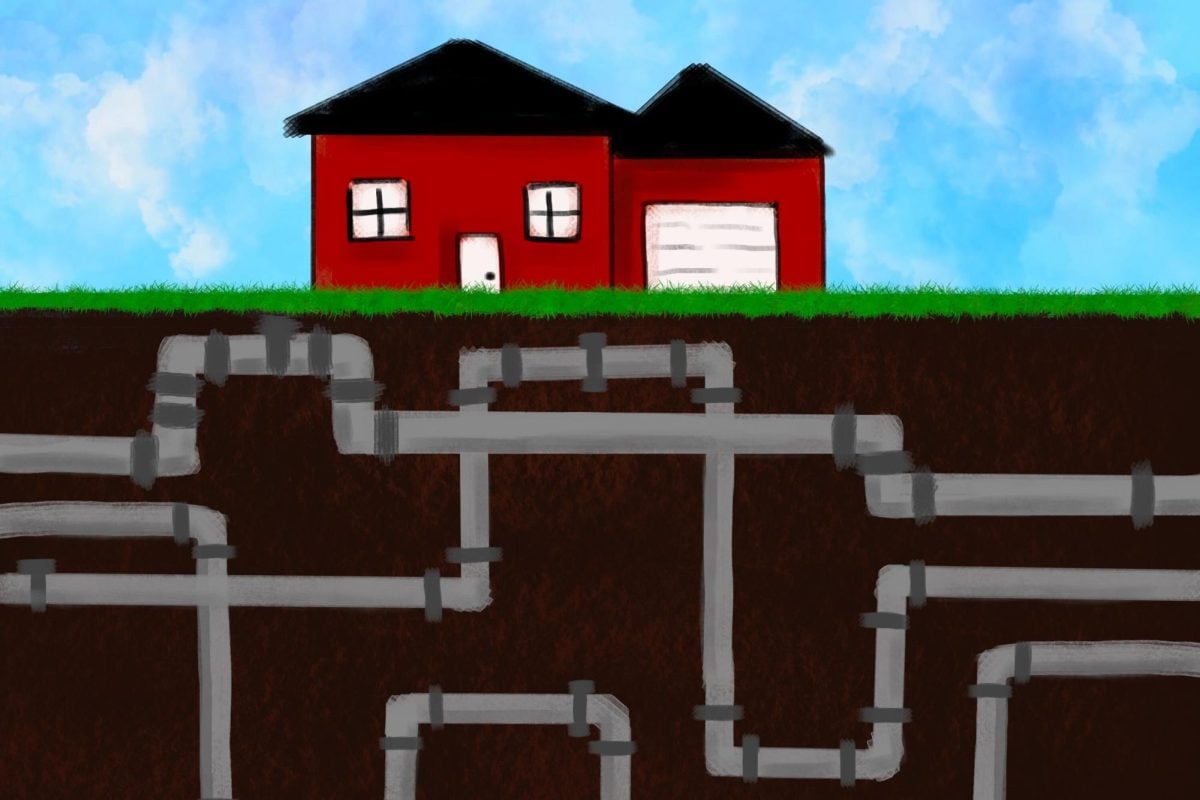When Ald. Bobby Burns (5th) was campaigning for councilmember, he advocated for environmental justice and access to clean water and air.
So, when he read about a Northwestern home water lead testing survey, he said he wanted Evanston — specifically 5th Ward — residents to be involved.
The Making Water Insecurity Visible group is a collaboration between Anthropology Prof. Sera Young and McCormick Prof. Julius Lucks. The group is using biosensor at-home tests and Water Insecurity Experiences Scales, which is a series of survey questions on individuals’ feelings about their water, to offer lead testing to families living in southeast Chicago or Evanston.
Participants can pick between three in-person meetings or two on Zoom and one in-person meeting for the tests. Testing eligibility requirements include living in a single-unit home built before 1986 and not running water for a minimum of six hours prior to the testing.
“A big goal of the project is to increase access to lead testing because lead testing is very expensive,” said Jenna Messing, the survey’s project manager. “There are a lot of hurdles to jump through when it comes to lead testing, so being able to have readily available tests would improve a lot of people’s lives and sense of well being.”
The study expanded to Evanston after Burns reached out to the group last winter, according to Messing. She said Burns is also part of the group’s committee advisory council, which advises the group on how to effectively conduct the study.
The group is looking for 50 homes in Evanston and is prioritizing residents in the 5th Ward, Messing said. According to a 5th Ward newsletter from Burns on May 7, 21 of these spots have been filled so far.
Along with the lead testing, study participants receive $50 in gift cards, a water filter with replacements, and additional resources to avoid lead contamination.
Burns said it was important to him that the 5th Ward be included in the study because there has been a lack of lead testing in the ward in the past.
A 2020 Daily investigation found that water testing for lead contamination in the last two decades only included sites in the 5th Ward twice out of over 180 samples. As of 2021, Evanston has over 11,000 lead pipes across the city, and 86% of all water pipes are made of lead or have lead soldering.
Lead exposure can result in health issues such as kidney damage and heart issues.
Some 5th Ward residents, like Patricia Winter, said they suspect the water coming from their pipes is dirty. Winter said she doesn’t use water from her faucets because it’s water that has been “in the streets.”
Margeta Palmer, another resident, said she doesn’t trust the water coming from her pipes.
“I don’t know if the water is dirty, if there’s insects or worms in it,” she said.
Palmer added that she isn’t interested in getting her water tested because she drinks only bottled water.
Messing said the study will allow people to have more agency over their water quality and understand potential steps they can take to “protect” themselves and their families. She added that Making Water Insecurity Visible plans to expand the study to include testing for other contaminants, like copper.
Burns said lead testing will be “incredibly relieving” for residents who participate in the testing as it will help them understand what is in their water.
“I’ve been in a situation where I was concerned about water quality, and I didn’t feel I had the money at the time or the understanding of how it may work to even effectively advocate for myself or to do the testing myself,” Burns said. “Hopefully (lead testing) gives people confidence that it is drinkable water.”
Correction: A previous version of this story incorrectly stated the members of the Making Water Insecurity Visible group. The Daily regrets the error.
Email: [email protected]
X: @anavi_52
Related Stories:
— Evanston receives $1 million to replace lead pipes
— In Focus: Loopholes in federal lead law left 5th Ward in the dark about what is in its water














